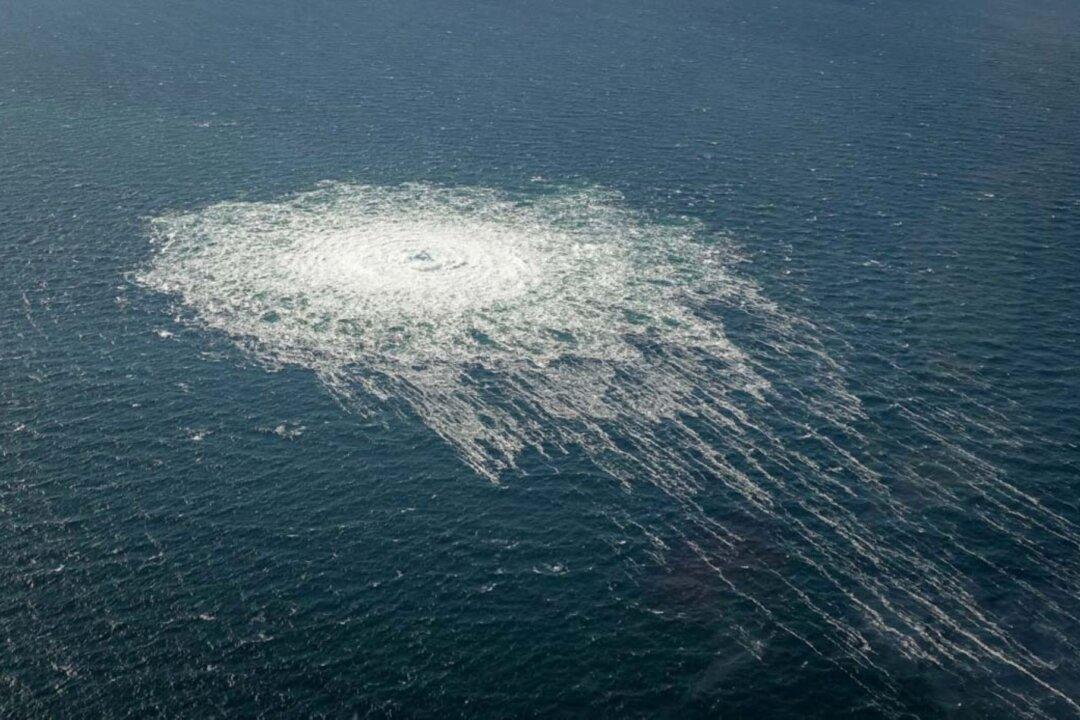Officials in Denmark said Tuesday that “powerful explosions” caused damage to the Nord Stream pipelines under the Baltic Sea.
The Russian-constructed Nord Stream system had carried billions of cubic feet of natural gas from Russia to Germany before it was damaged late last month. No nation or group has claimed responsibility for the incident, and the United States has not issued a public statement on who may have been behind it.





